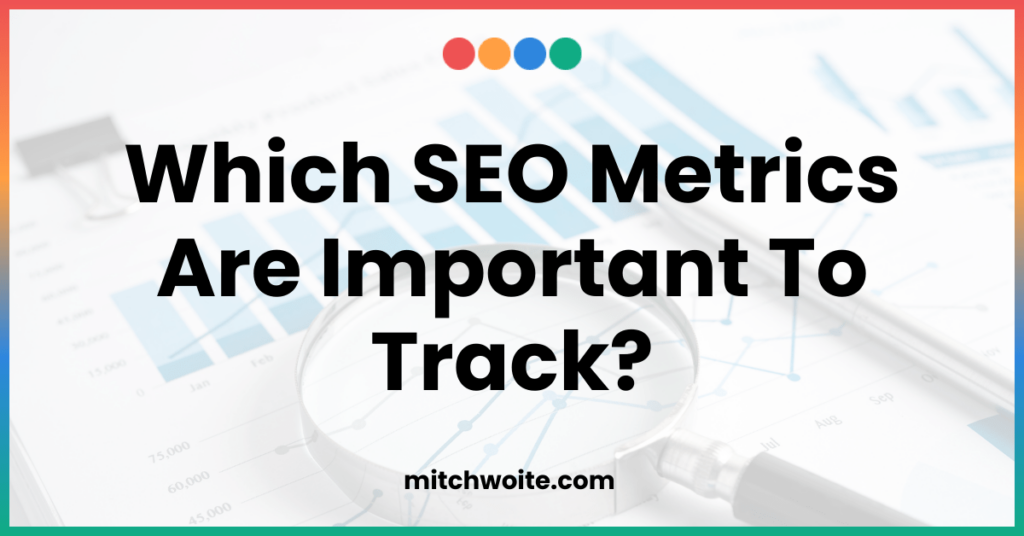In the fast-paced and highly competitive digital landscape, understanding and tracking the right SEO metrics is essential for achieving success. With huge amount of data available, it can be overwhelming to determine which metrics truly matter.
Whether you are a business owner looking to learn or an SEO professional just getting started, this guide will provide you with the insights you need to make informed decisions and optimize your website for maximum impact.
Table of Contents
Organic Traffic
One of the main goals of search engine optimization is to drive more users to your website. Organic traffic refers to the number of visitors who reach your website through unpaid search engine results on websites such as Google and Bing. Tracking organic traffic helps you understand the overall visibility and reach of your website. You can use tools like Google Analytics to monitor organic traffic trends, including the total number of sessions, unique visitors, and page views.
Unlike paid traffic that comes from online advertisements, organic traffic is influenced by the relevance and quality of your website’s content in relation to the user’s search query. By focusing on SEO strategies and optimizing your website for organic traffic, you can build a sustainable source of consistent traffic over time.
Keyword Rankings
Keyword rankings refer to the position of a website or webpage in search engine results pages for specific keywords or search queries. It indicates where your website ranks relative to other websites when users perform a search using those particular keywords.
Tools like SEMrush, Ahrefs, or Google Search Console can provide keyword ranking data. Tracking keyword rankings allows you to assess the impact of your SEO efforts and identify areas where you need improvement. Websites with keywords that appear on the first page of search results have a higher chance of attracting clicks and organic traffic.
Click-Through-Rate (CTR)
CTR measures the percentage of users who click on your website’s link in search engine results. A high CTR indicates that your title tag and meta description are compelling and relevant to users. It’s important to optimize your titles and meta descriptions to improve CTR and drive more organic traffic.
A high organic CTR can help snowball into more organic traffic. When more users click on your search result, it drives more visitors to your site, potentially resulting in higher engagement, conversions, and revenue. Improving your organic CTR can have a direct impact on the number of users you attract to your website.
Conversions
Conversions represent desired actions taken by visitors on your website, such as making a purchase, filling out a form, subscribing to a newsletter, or downloading a resource. Organic conversions directly impact your revenue generation, as they represent tangible outcomes that contribute to your business’s bottom line.
Organic conversions are valuable because they are generated without incurring additional advertising costs. Unlike paid advertising, which requires ongoing investment to drive conversions, organic conversions result from the effectiveness of your organic search presence and SEO efforts. Maximizing organic conversions allows you to achieve a higher return on investment (ROI).
Conversion Rate
On the topic of conversions, conversion rate measures the percentage of visitors who complete a desired action on your website. Tracking conversion rates helps evaluate the effectiveness of your SEO efforts in driving valuable user actions. At the end of the day, it’s often more beneficial if 10 people visit a website and 5 convert than if 1,000,000 visit and 2 convert.
Want to Talk SEO Metrics? Contact Mitch Woite Today!
Wondering about the effectiveness of your business’s SEO campaign? Contact me today to discuss your unique needs and find out how I can help you achieve your goals. Don’t miss out on the opportunity to elevate your online presence and drive meaningful results. Reach out now!


